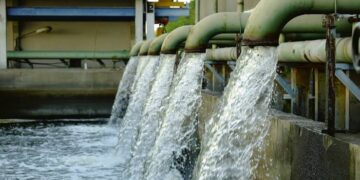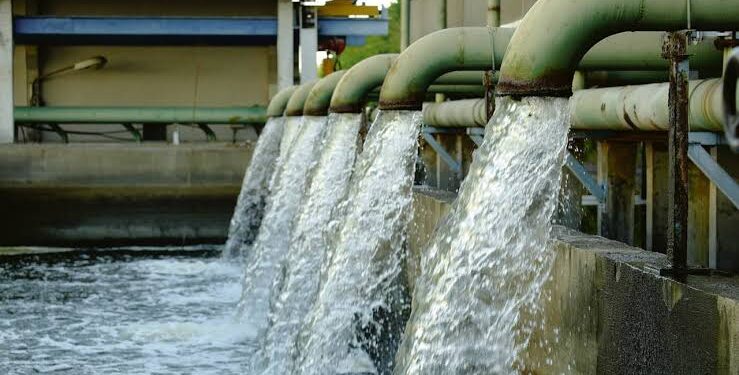![]()
The Ogun State Government has reaffirmed its strong commitment to enhancing water infrastructure and ensuring access to potable water across the state, describing the effort as a vital step in safeguarding the welfare of its citizens.
During a recent facility tour of various water schemes in the Yewa axis, the Special Adviser to the Governor on Sustainable Development Goals (SDGs) and Water Resources, Hon. Damilola Otubanjo, made it clear that the state remains committed to equitable service delivery.
“Our focus is on service delivery,” Otubanjo stated. “Water is essential to life, public health, and economic stability. People face significant challenges accessing potable water, and our mission is to ensure water reaches every part of Ogun State—regardless of political alignment.”
She underscored the state’s approach to water sector development as guided strictly by necessity, technical viability, and potential impact. “All our decisions are informed by data and on-the-ground assessments. Political affiliations will never influence where we take water projects,” she added.
Otubanjo said the visit to the Ilaro-Yewa area was to evaluate the current state of water infrastructure and identify strategies to expand coverage by increasing pumping capacity and rehabilitating facilities.
She also applauded the Ogun State Water Corporation team, describing them as “dedicated, vibrant, and capable.” According to her, “We have a strong team. What they need is the right motivation and improved working conditions. My role is to advise the Governor on immediate and long-term interventions that can restore public trust in our water delivery systems.”
Accompanying the tour was the Consultant on Water, Alhaja Muinat Jaji, who led site inspections at key locations, including the Ibooro Borehole Scheme, Ajilete Package Treatment Plant, Owode Yewa Borehole Scheme, Ifo-Akinsinde Papalanto Water Scheme, Ella Water Scheme, Ilaro Reservoir, and the Ilaro Booster Station.
Speaking on the tour’s objective, Otubanjo explained, “The goal is to evaluate each scheme’s condition and determine whether to rehabilitate or replace them based on cost and effectiveness. Some schemes are operational or easily restorable, like Papalanto and Ibooro, while others like Owode Yewa require major work. In some cases, building new solutions may be more practical than reviving old systems.”
She stressed that the comprehensive tour was critical in developing an effective and inclusive action plan. “We’re laying the groundwork for sustainable and impactful solutions to Ogun’s water needs,” she concluded.


























k4qzck